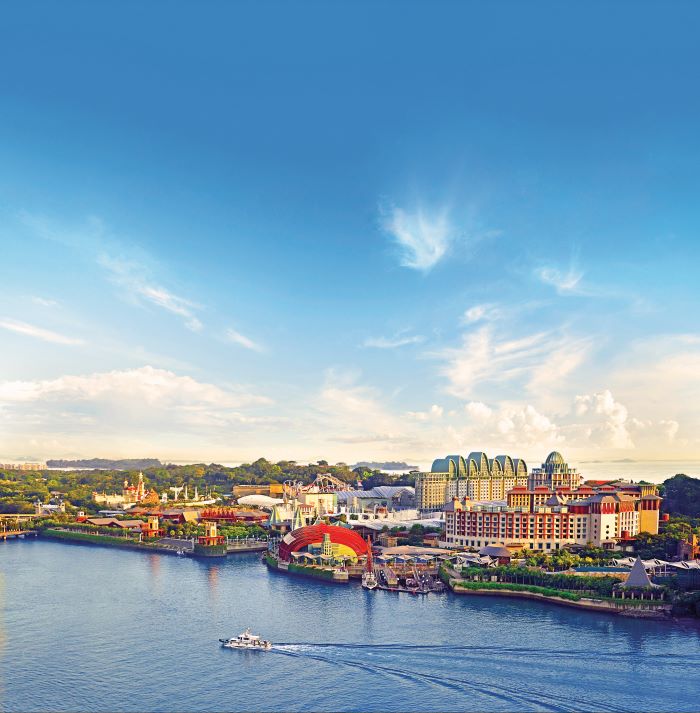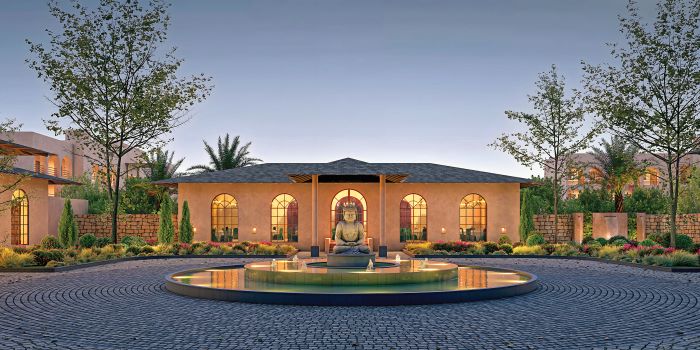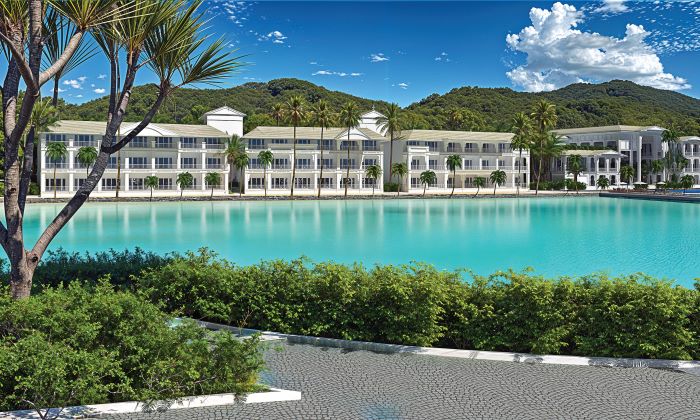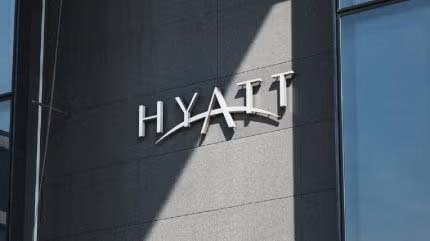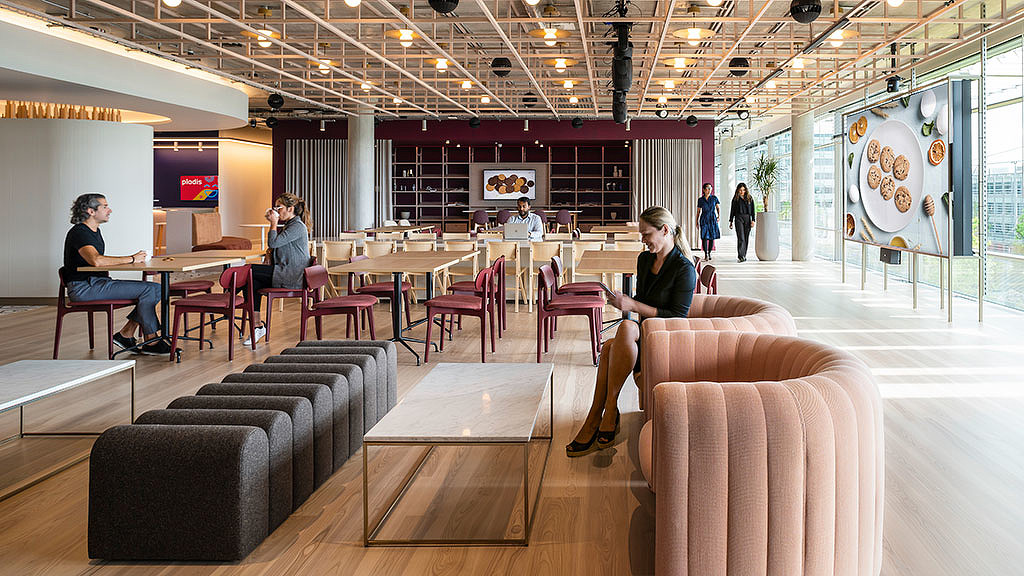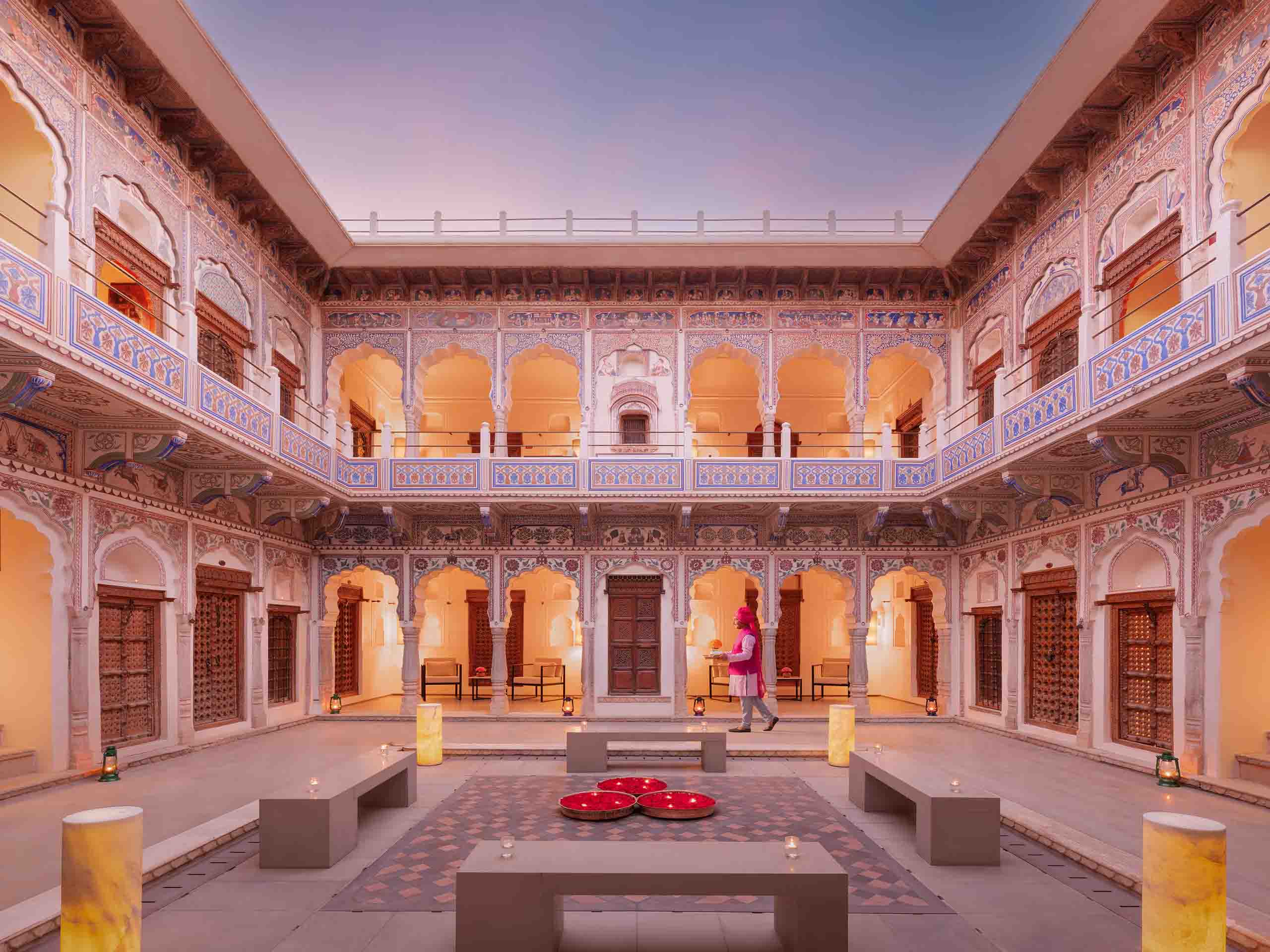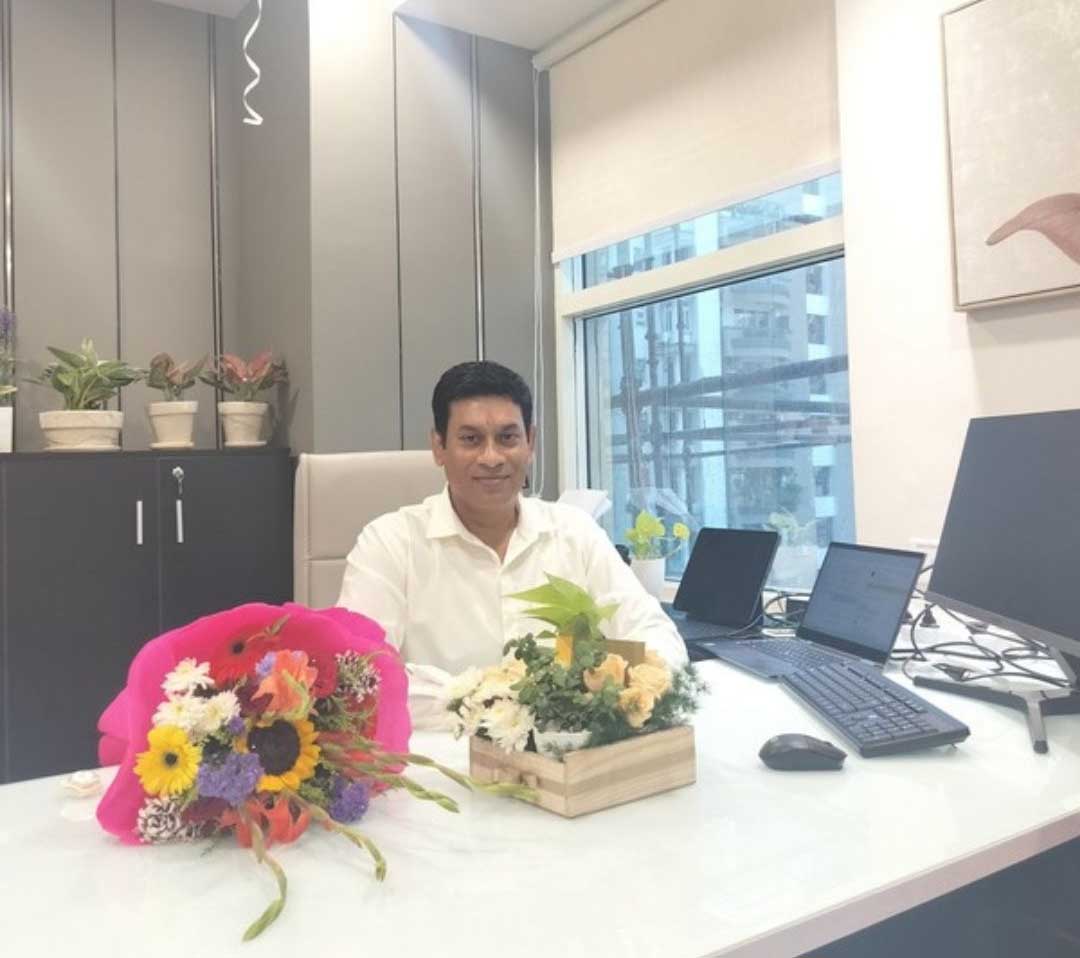From sustainability budgets being earmarked and strategies being streamlined, here is how hospitality leaders are leading the change to make responsible tourism a top priority.
Lipla Negi
Sudeep Jain, MD, South West Asia, IHG Hotels & Resorts
As one of the world’s leading hotel companies, at IHG, we embrace our responsibility and the opportunity to help shape the future of responsible travel. That is why in 2021, we launched Journey to Tomorrow, a 10-year action plan of clear commitments to drive change for our people, communities, and planet, aligned to our purpose of True Hospitality for Good and to the UN Sustainable Development Goals. We call it a journey as we may not have all the answers yet, but we see this as an important framework to bring together all who stay, work and partner with us to shape the future of responsible travel.
Over the next decade, we are focussed on working with our hotels to reduce carbon emissions in line with climate science; eliminating single-use items or finding recyclable alternatives; reducing food waste; collaborating with local stakeholders to tackle water sustainability issues in areas of greatest risk. In addition to this, as a brand committed to sustainability, we are implementing initiatives such as introducing bulk amenities and Artificial Intelligence based technology to reduce food waste.
Quote – Over the next decade, we are focussed on eliminating single-use items or finding recyclable alternatives and reducing food waste, among others”
Gaurav Pokhriyal, Executive VP, Human Resources, IHCL
In the last financial year, our spend on sustainability related initiatives was approximately ₹35 crore. Currently, 35 per cent of the total power consumed by IHCL is from renewables. We have also tied up with Tata Power for the installation of electric vehicle charging infrastructure across our hotels in India. IHCL has installed over 310 EV charging points at more than 110 of its properties and this number is going to increase.
Heating, Ventilation and Air Conditioning (HVAC) is always a huge energy guzzler and a cost centre, for the hospitality business. Our partnership with the International Finance Corporation, a member of the World Bank Group is helping us introduce efficient, climate-smart, cost-effective cooling solutions for the first time in India’s hospitality sector.
All biodegradable waste is composted, and 74 hotels have on-site composters. 20 water bottling plants have been set up across our properties to scale up the transition to a plastic-free service process. Across our properties, plastic shower caps have made way for compostable shower caps and plastic ear buds have been replaced with paper ear buds. Our Taj branded hotels are also replacing other plastic disposables such as toothbrush, razor and comb with products made with bamboo, potentially reducing 25 tonnes of plastic on an annual basis.
IHCL has established 18 skilling centres across twelve states in collaboration with partners, including signing a 10-year MoU with the Assam Government for the development of a hospitality-focused skills training centre in the North East.
Quote – Currently, 35 per cent of the total power consumed by IHCL is from renewables”
Inge Huijbrechts, Global SVP, Sustainability, Security & Corporate Communications, Radisson Hotel Group
Our sustainability goals at Radisson Hotel Group align with Think People, Planet and Community principles. Our aim is to achieve Net Zero by 2050.
To reach our sustainability goals, we are focussing on two main levers. Firstly, we are working on increasing the energy efficiency of our hotel buildings. This involves adopting innovative technologies for sustainable operations. Secondly, we are transitioning to renewable energy sources to minimise our carbon footprint.
As part of our commitment to responsible travel and meetings, we offer sustainable value propositions to our guests. This includes providing 100 per cent carbon-neutral meetings and conferences. Additionally, we are expanding the availability of electric vehicle (EV) charging networks in India and in Europe.
There are hotels in our portfolio such as Radisson Blu Nagpur, Radisson Blu Ahmedabad and Radisson Blu Indore that have received recognition with IGBC building certificates. These esteemed properties are complemented by iconic, sustainably designed hotels such as Radisson Resort & Spa Lonavala. We introduced water from air technology at Radisson Blu Plaza Delhi Airport, producing drinking water from air humidity, an innovative solution that saves water. This technology brings estimated annual cost savings of ₹3,18,280.
Quote – We introduced water from air technology at Radisson Blu Plaza Delhi Airport, producing drinking water from air humidity”
H C Vinayaka, VP, Technical, EHS and Sustainability, ITC Hotels
It is a matter of pride that ITC Hotels and WelcomHotels have achieved, much ahead of time, the 2030 carbon emission targets envisaged in the COP21 Paris agreement. Guided by the ethos of Responsible Luxury, we endeavour to create a harmonious balance between luxury and sustainability by prioritizing environmental stewardship.
We are constantly evaluating new technologies and initiatives. We are already way ahead on the sustainability curve and have achieved international milestones. We are working on our plan to extend the LEED Zero Water Certification and LEED Zero Carbon Certification to other hotels, which will be one-of-a-kind achievement in the entire world.
ITC Hotels is among the first hotel chains to mitigate single-use plastic at close to 150 touch points, eliminating the use of plastic by approximately 2.5 lakh kg/year. Our commitment to achieve 100 per cent waste recycling puts effective measures in practice such as recycling or reusing more than 99 per cent of waste generated through various means such as organic waste converters, bio-methanation plants and so on.
Quote – Our commitment to achieve 100 per cent waste recycling puts effective measures in practice such as recycling or reusing more than 99 per cent of waste generated”
Jeffery Smith, Vice President, Sustainability, Six Senses Hotels Resorts Spas
Over the past 16 years, Six Senses has been bottling its own drinking water. By establishing on-site filtration and bottling facilities, each resort eliminates the transportation impacts and use of plastic water bottles. Six Senses drinking water has proved a taste-test winner with guests also.
Each Six Senses resort and hotel features an Earth Lab, which promotes sustainable living in inspirational and innovative ways. The space is used to host workshops that empower guests and community members to learn about and connect more closely with the natural world.
To be self-sustaining, we are moving towards zero waste to landfill, using existing resources and reducing our carbon. In 2022, we produced compost, organic vegetables, eggs, essential oils, renewable energy, honey and cleaning solutions due to the efforts of individual properties, and avoided 1,760,787 plastic bottles by refilling our own drinking water.
In 2022, our hosts dedicated around 4,900 hours to volunteering in their local communities, over 9,500 community members joined our events to help the environment and support communities and almost 20,000 guests supported positive impact events. We made life better as 120,467 people gained access to clean drinking water and sanitation, provided access to education and skill training to 8,528 students and created 113 jobs in local communities.
We also have dedicated funds at each property to provide investment in projects that benefit local communities and environments, while guest bookings contribute directly to each resort’s sustainability fund .
Quote – We have dedicated funds at each property to provide investment in projects that benefit local communities and environments”



